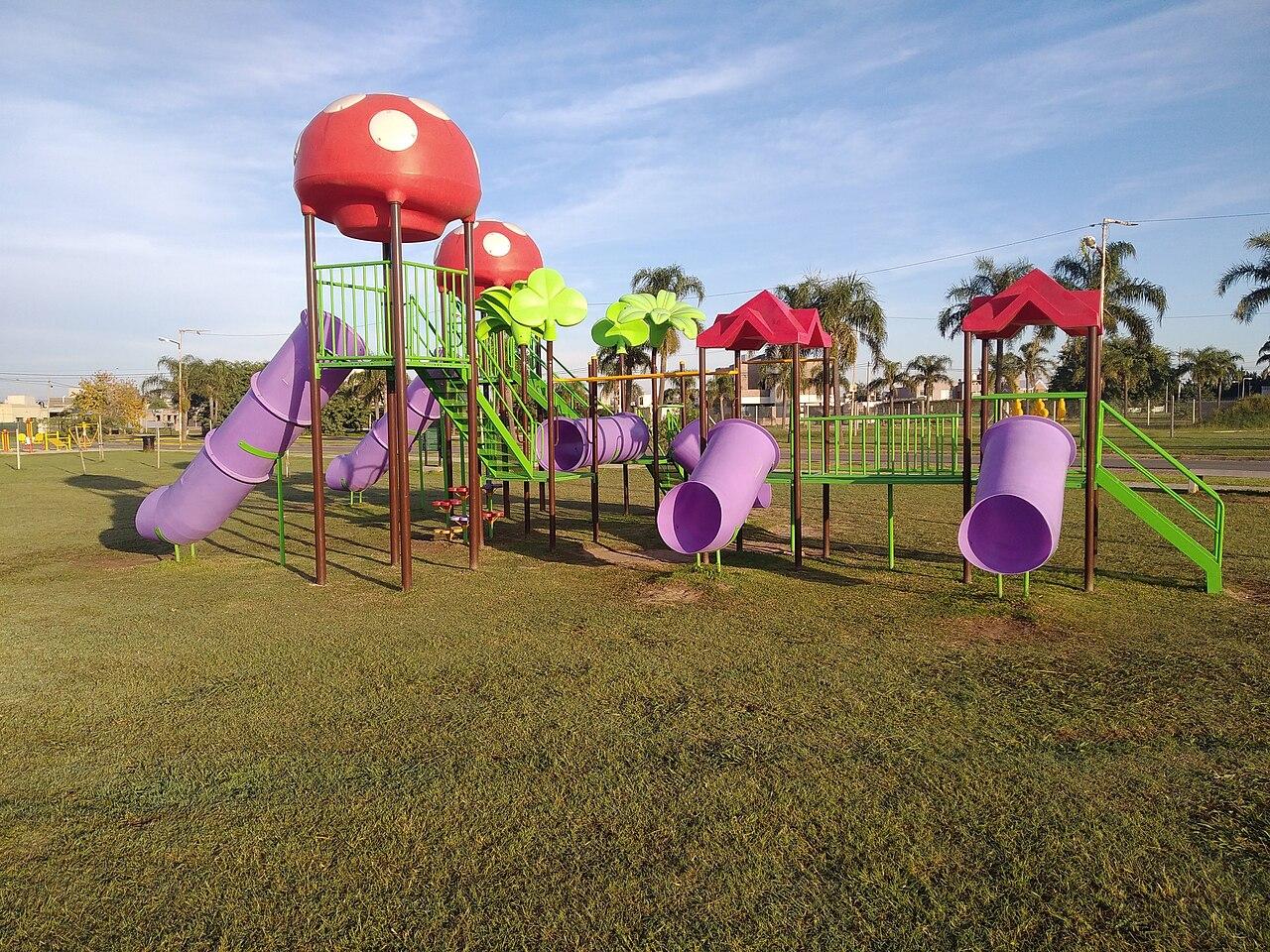Leading Argentine Think-Tank To Probe Causes Of National Birth Dearth
A drop in pre-school enrollment in Argentina is part of the sharpest birth decline in Latin America.

The Academia del Plata, an Argentine think-tank, is warning that the South American republic is facing an unprecedented demographic crisis. Studies reveal that Argentina’s birth rate has dropped by 40 percent since 2014. This is the sharpest such decline in Latin America.
The think-tank will hold a panel discussion on the findings on November 4 in Buenos Aires. The discussion is titled "The Demographic Crisis." An economist, Miguel Crotto Sojo, will frame the country’s birth dearth amidst the global demographic crisis. The editor of the Notivida newsletter, Mónica del Río, will expound on the cultural environment, while economist Ludovico Videla will discuss possible solutions. All three are fellows of the think-tank.
The Academy revealed that scientific studies show the fertility rate has declined worldwide, including China, the United States, and the European Union. Japan, for example, has the second-oldest population in the world, after Monaco. This has resulted in a significant labor shortage in the Asian economic powerhouse. Buenos Aires, the Argentine capital, has seen its birth rate decline by half over the last eight years. Since 2023, a sharp decline in school enrollment, especially in preschools, has been noted.
In a statement announcing the forthcoming panel discussion, the academy declared, "At the Academia del Plata, we want to sound the alarm in the face of this serious crisis we are experiencing, warning of the need to analyze it seriously.” Everything that exists, the Academy stated, everything that is real, has a reason for being, a justification. Therefore, the importance of establishing the cause of the trend contrary to fertility is emphasized. Mere description or observation of the phenomenon itself is not enough, it stated. This principle of causality, according to which the relationship of cause and effect must extend to the entire realm of reality and therefore has universal value, is equally applicable to the realms of being and knowing. Therefore, every reflection and every initiative in practical life continually imply this principle, the Academy concluded.
Chaired by Gerardo Palacios Hardy, and known in English as the Academy of the River Plate, it was founded in 1879 by students of the Colegio del Salvador, a Jesuit preparatory school in Buenos Aires. They proposed it to the Rector as a center to "foster their love of Catholic philosophy and literature, and preserve the Christian spirit as received at that institution." According to its statutes, its purpose is "to promote all manifestations of science, literature, and the arts that bear witness to Catholic thought in Argentine cultural life."